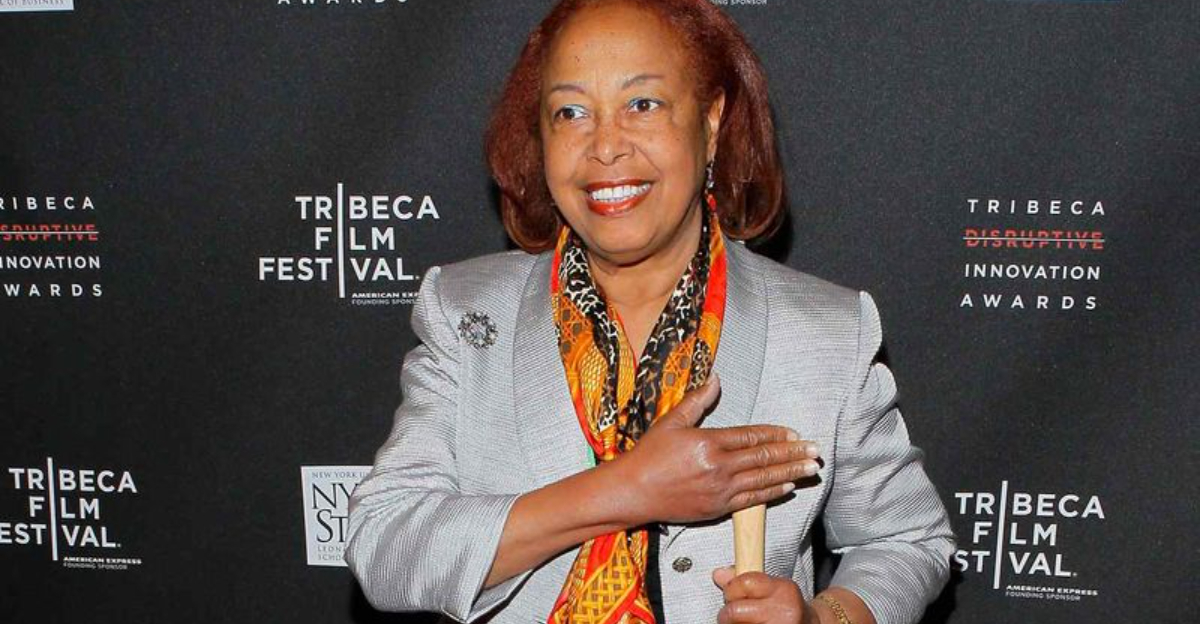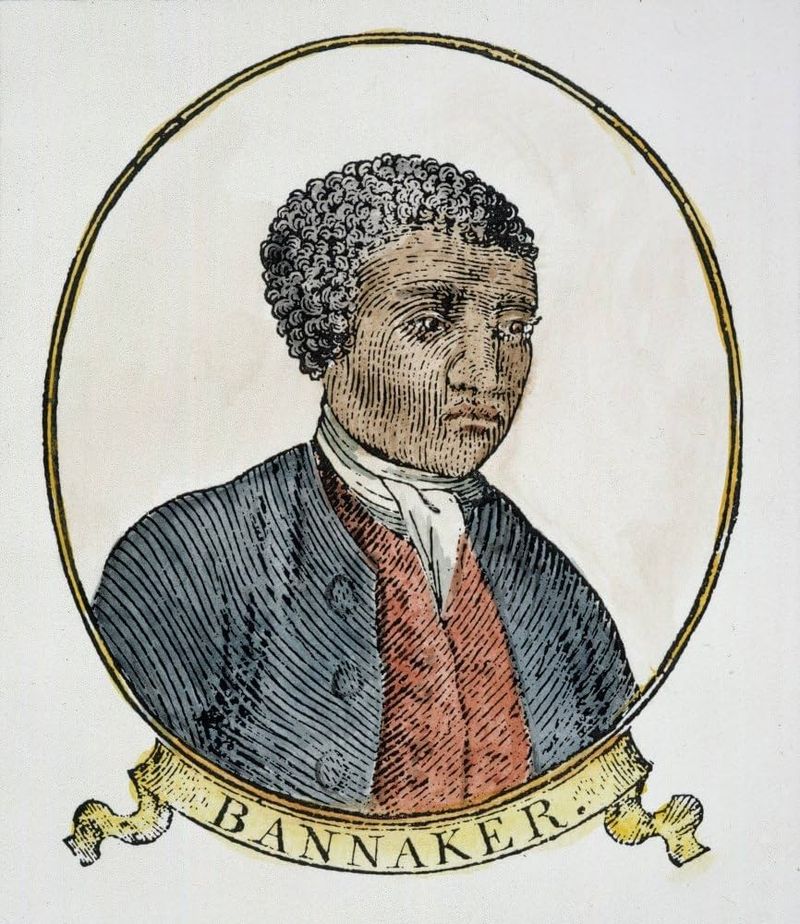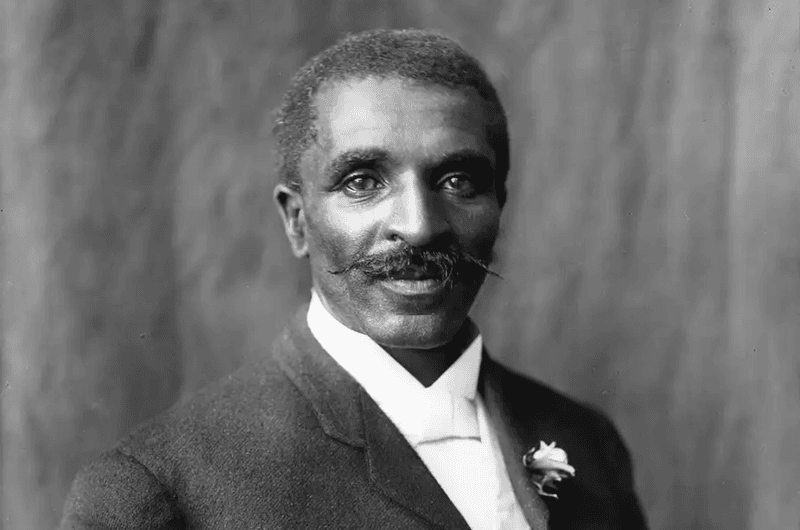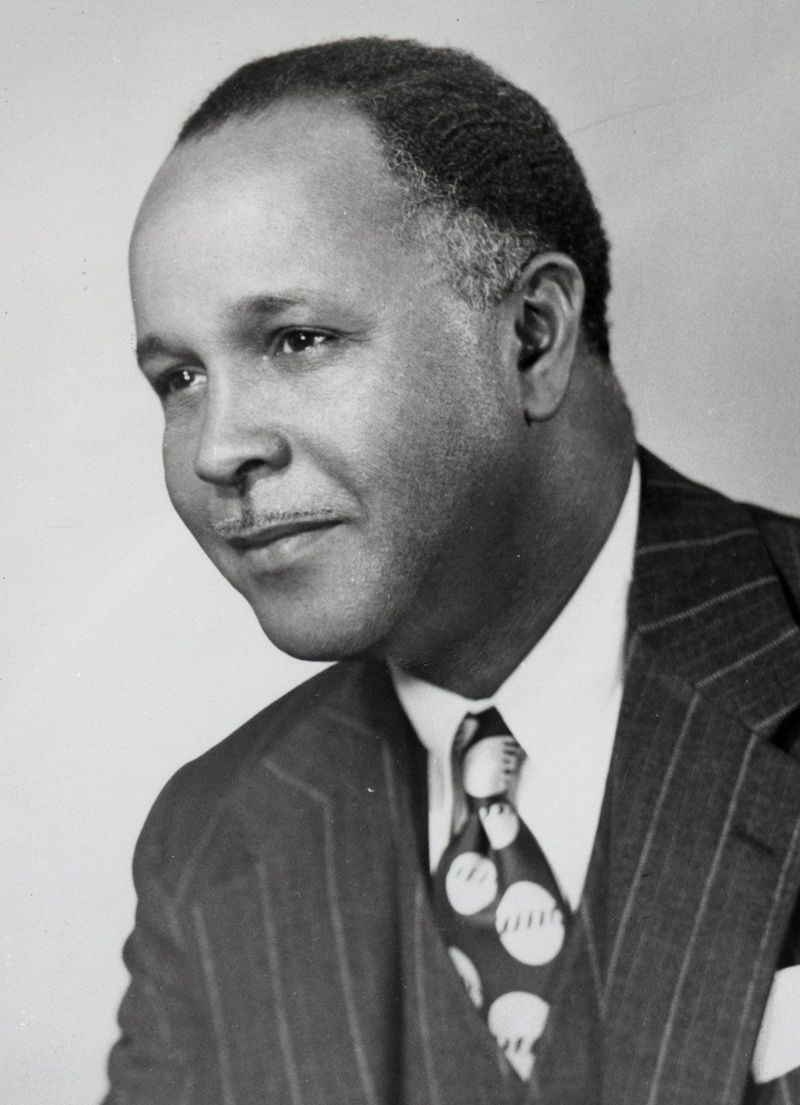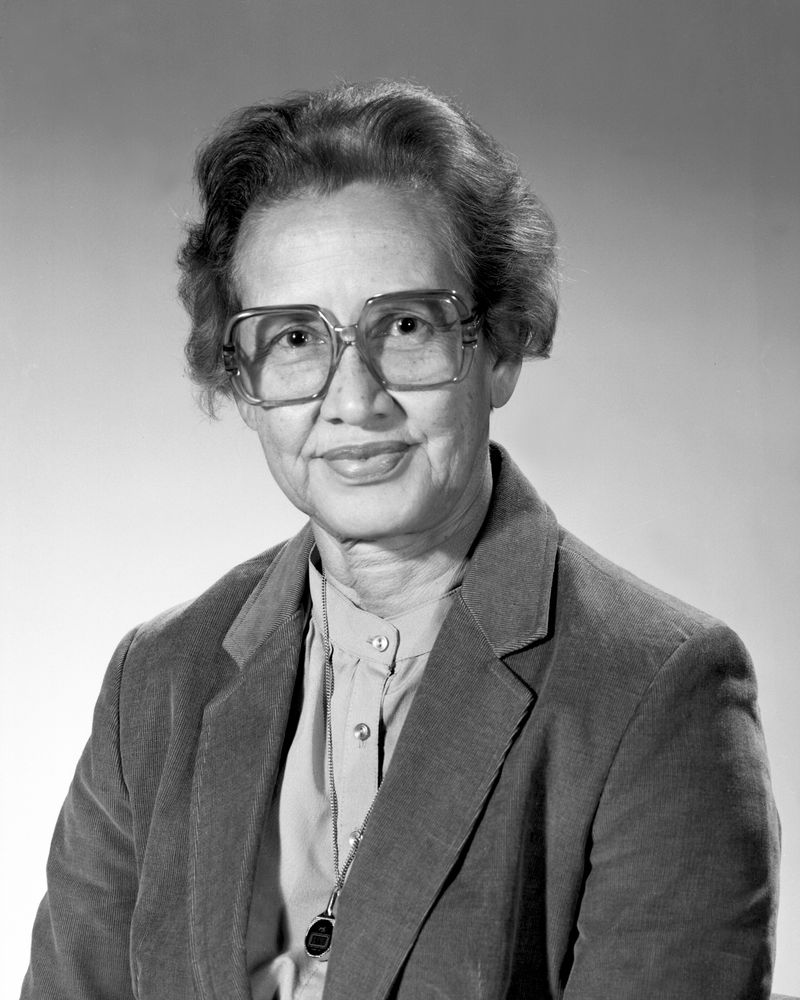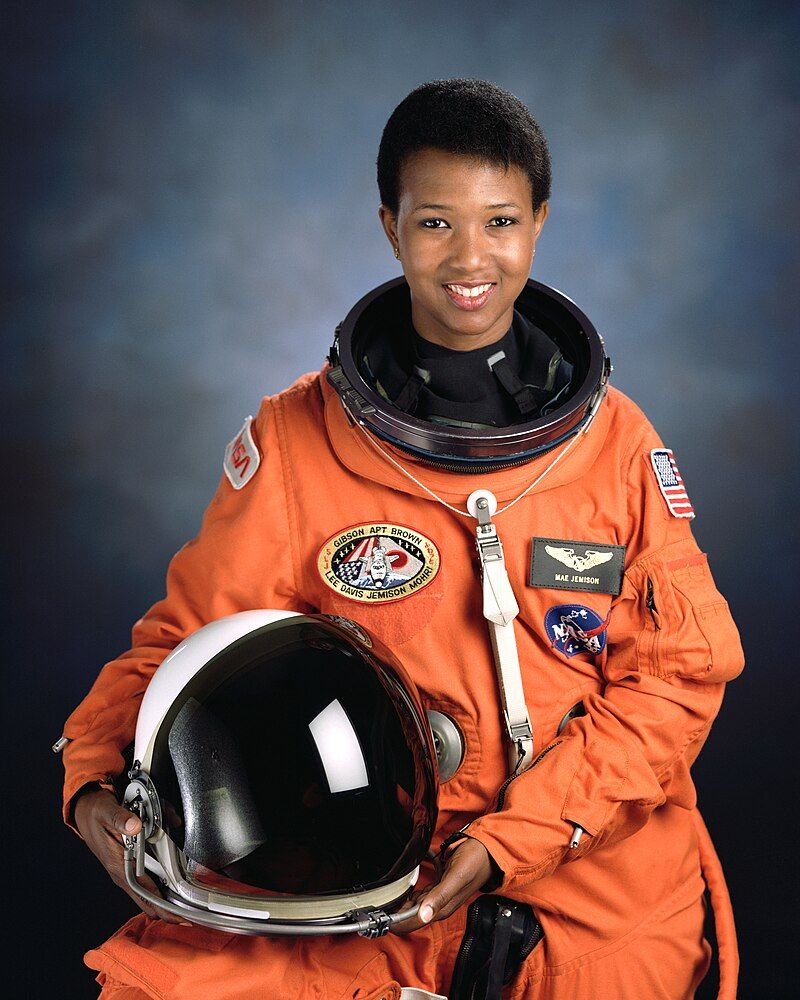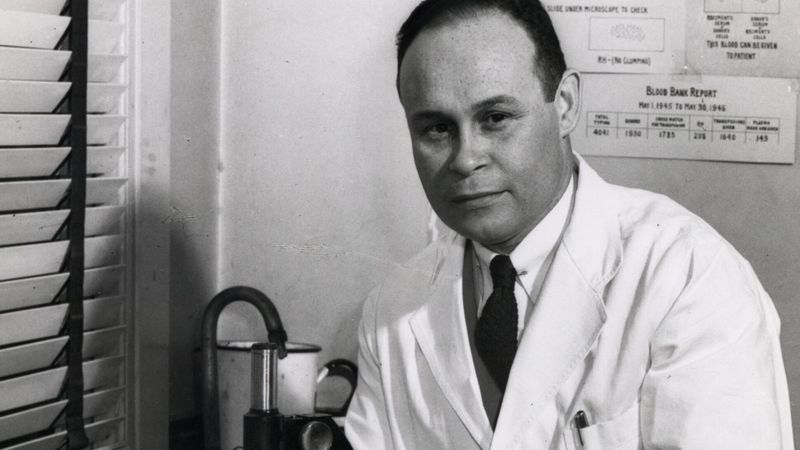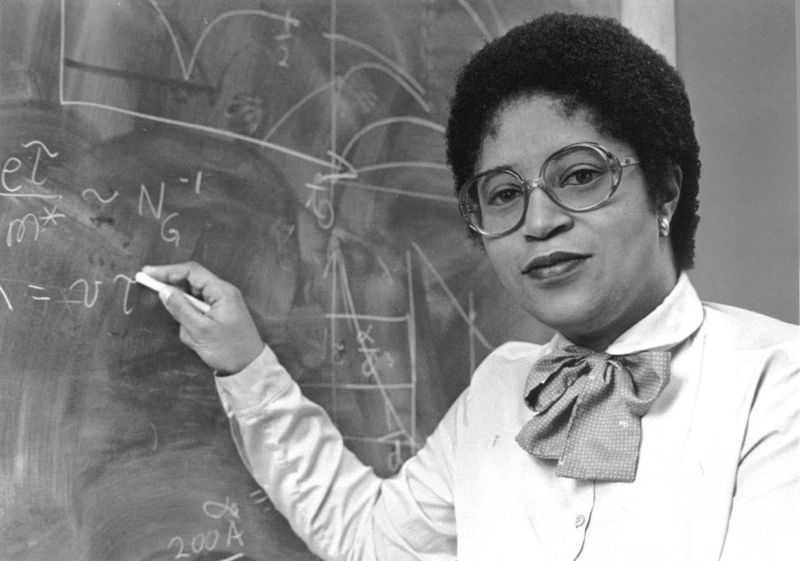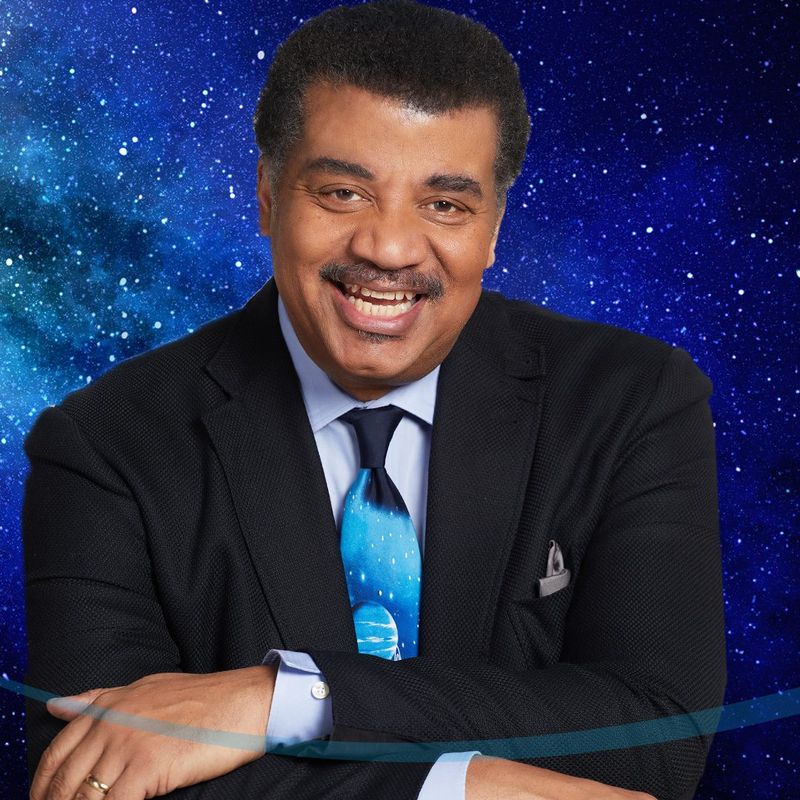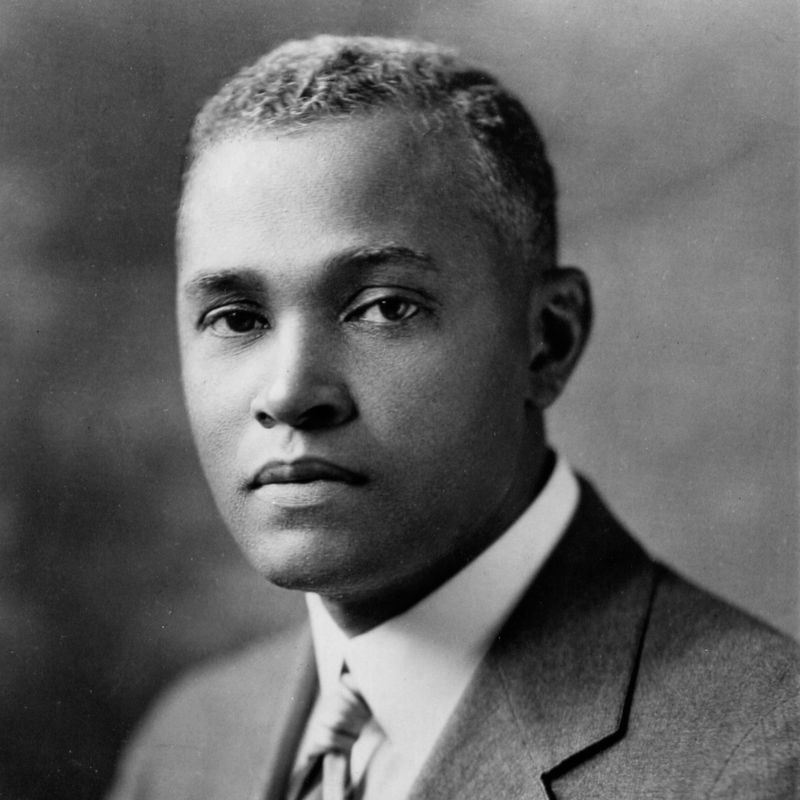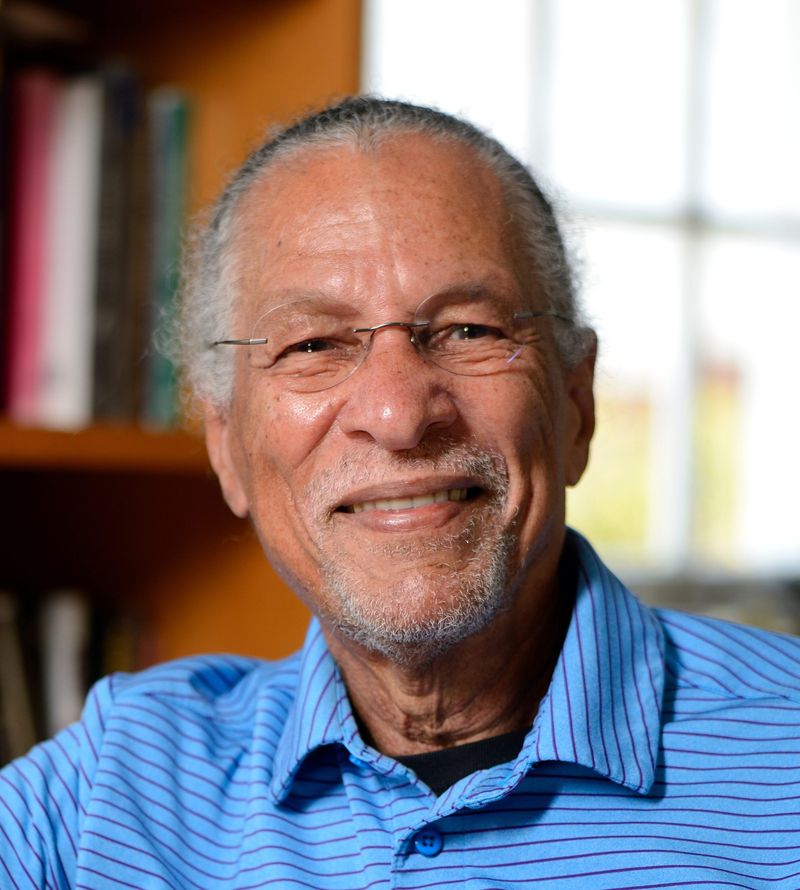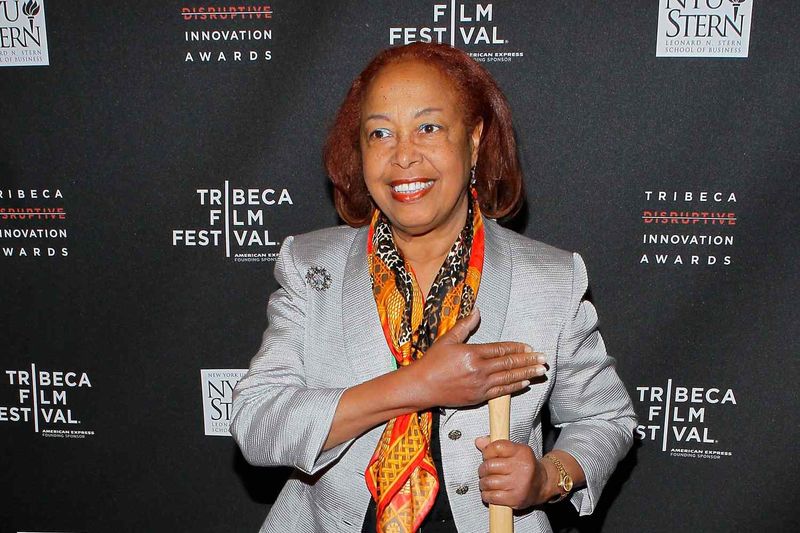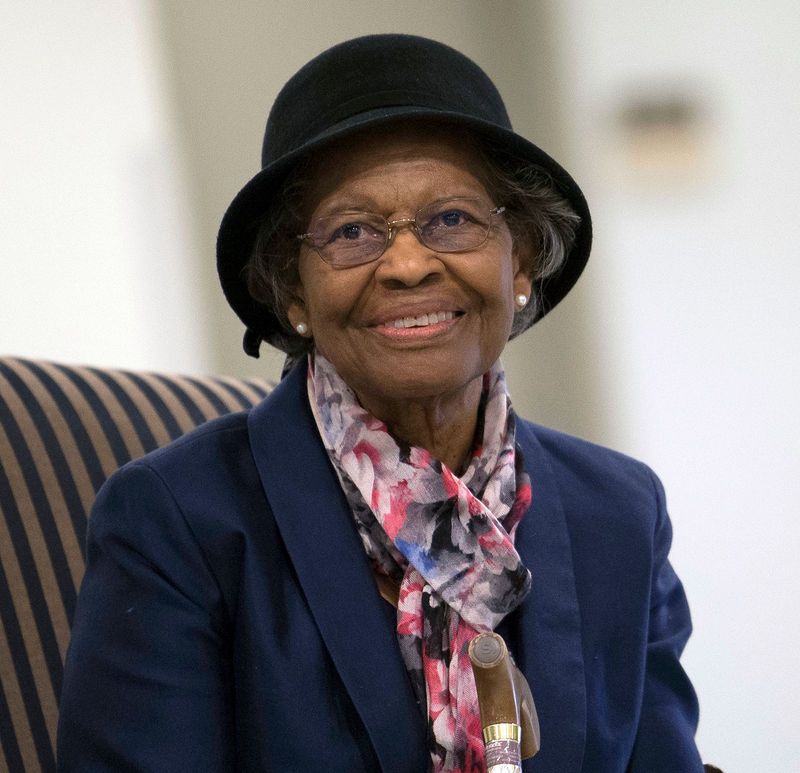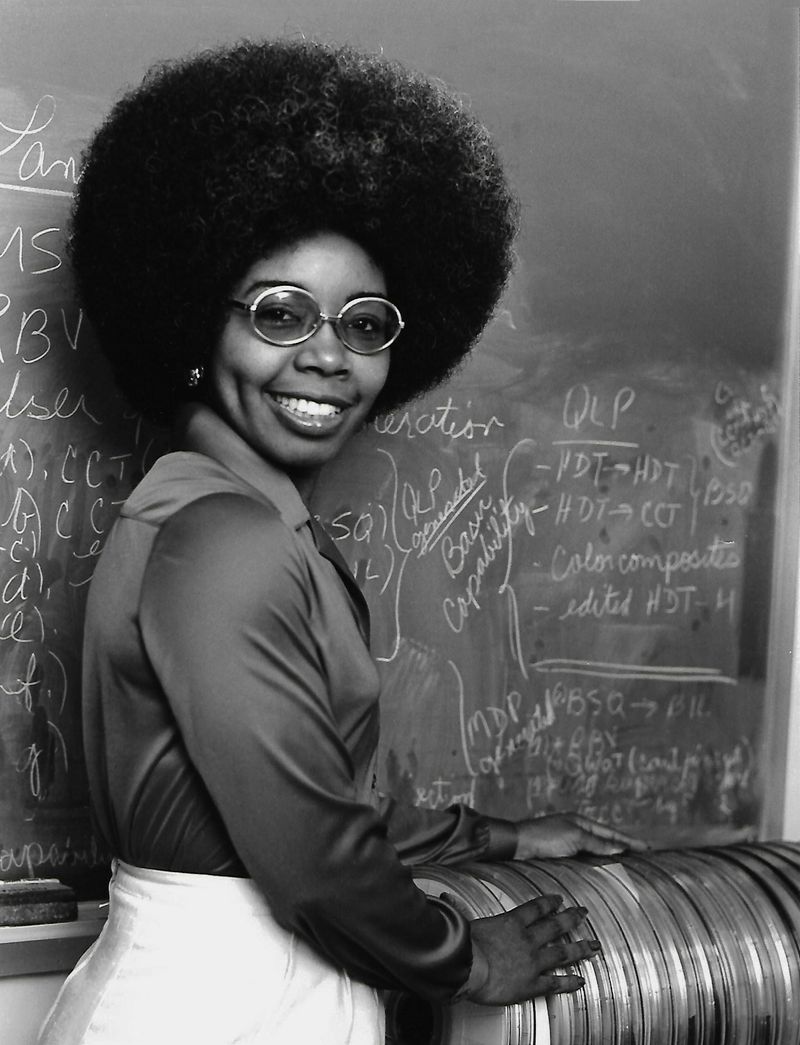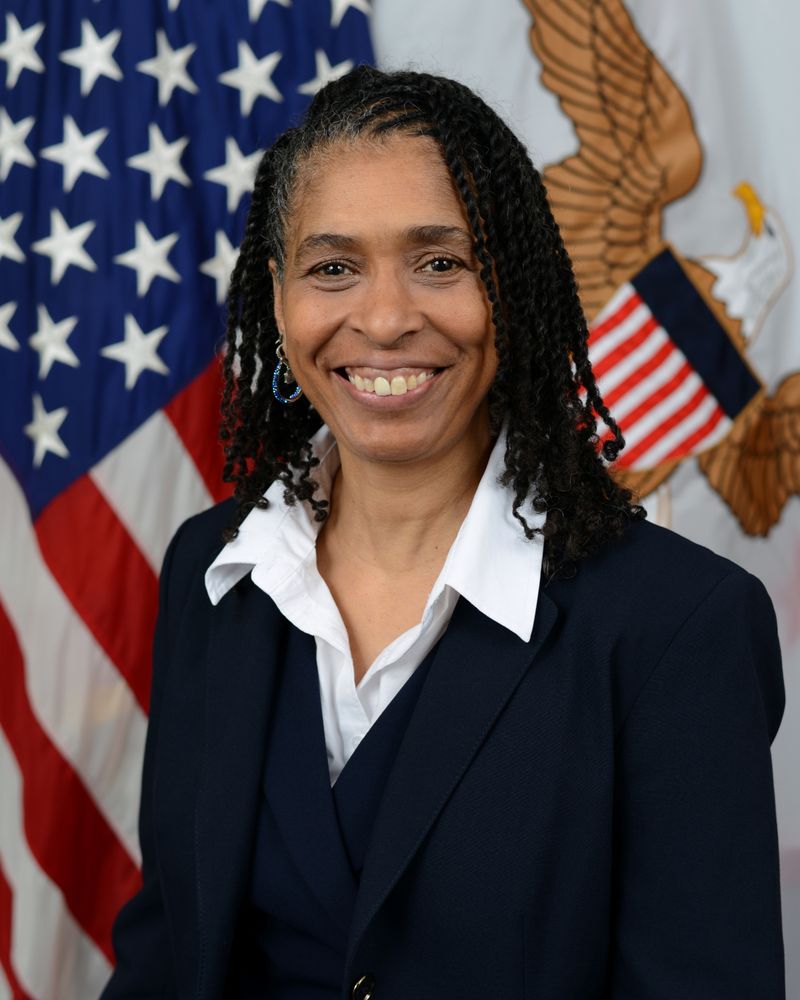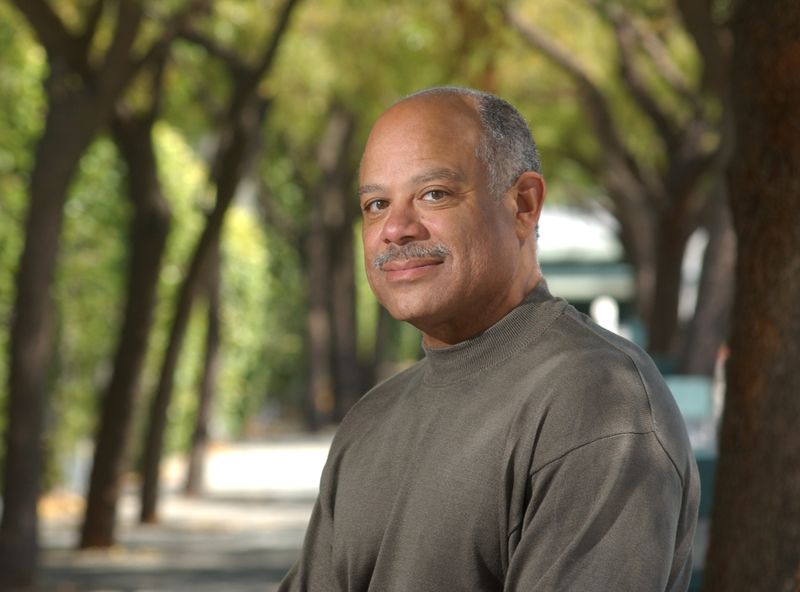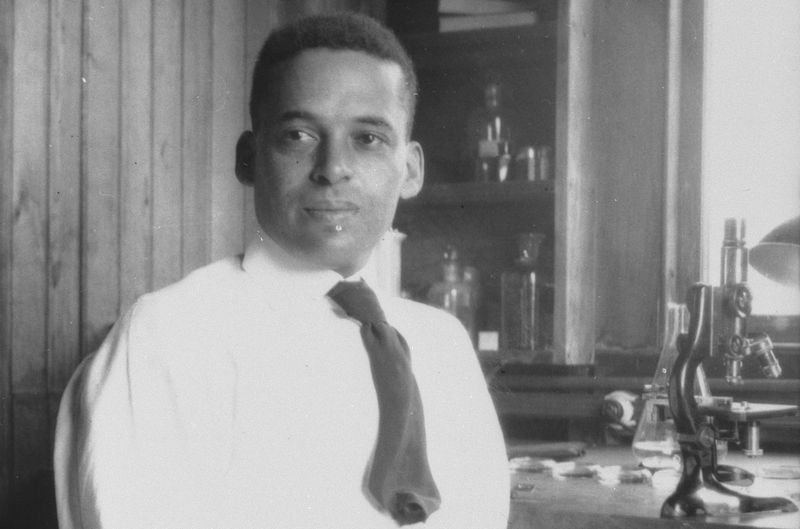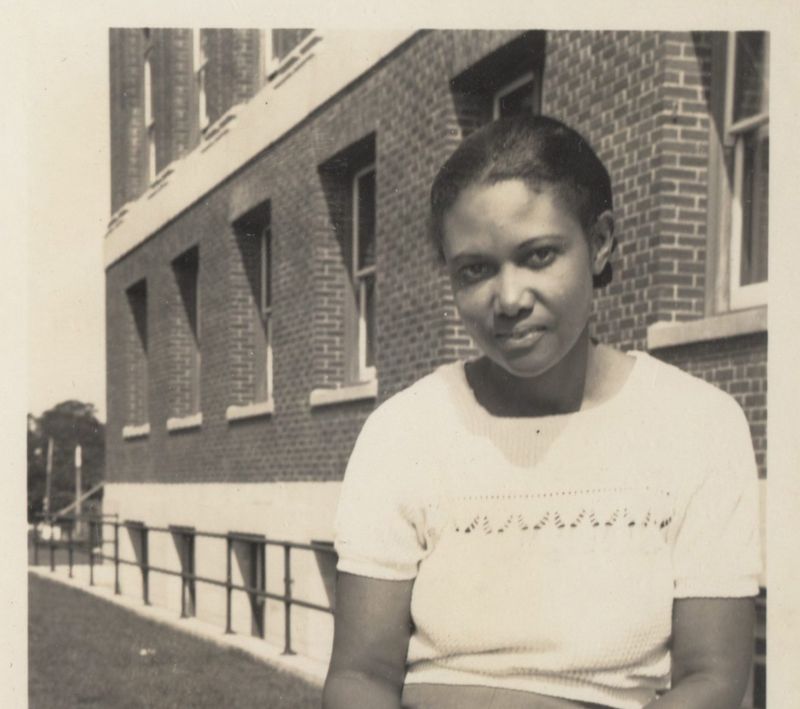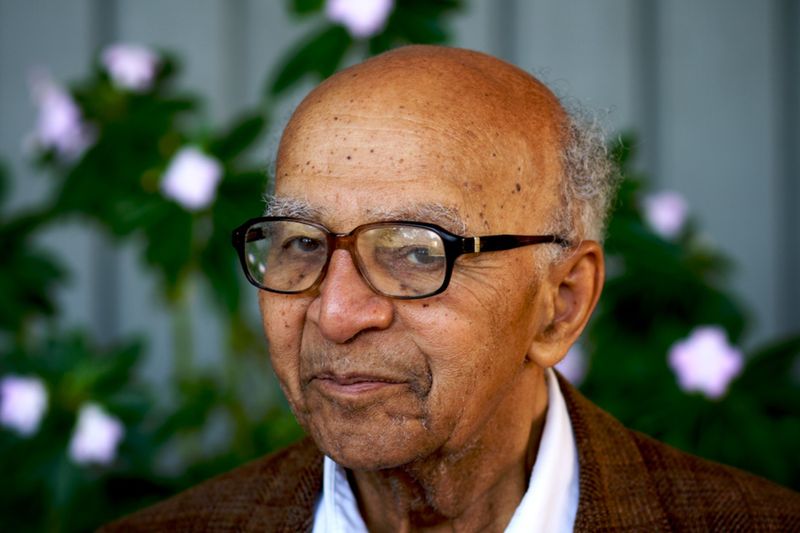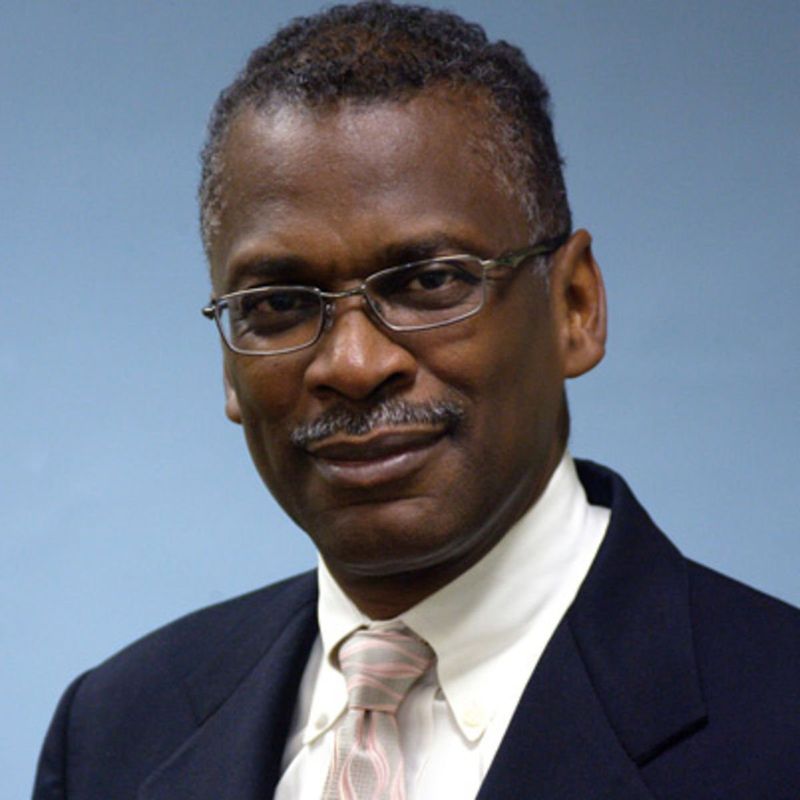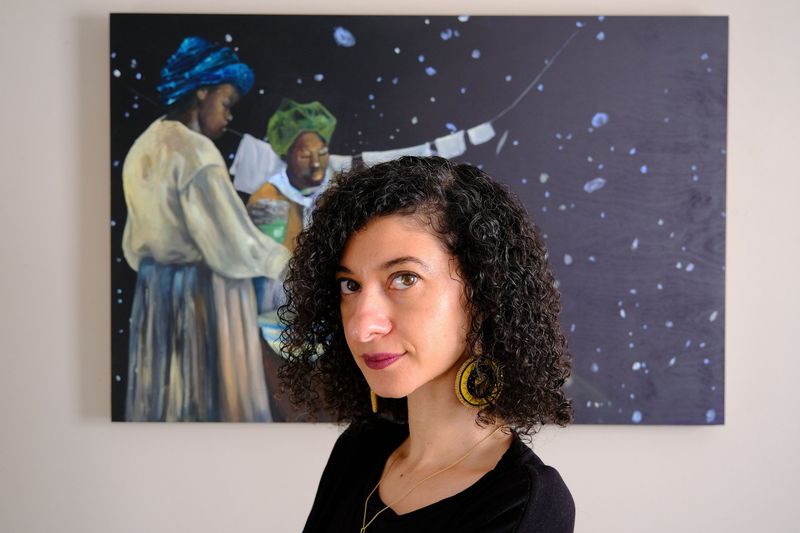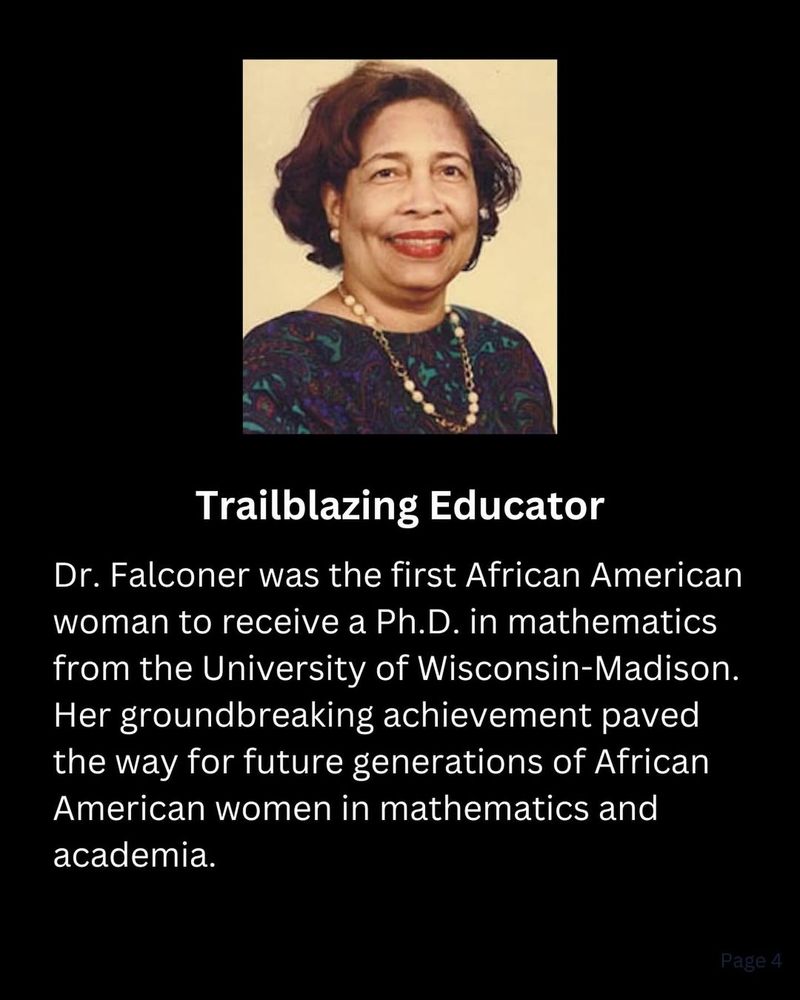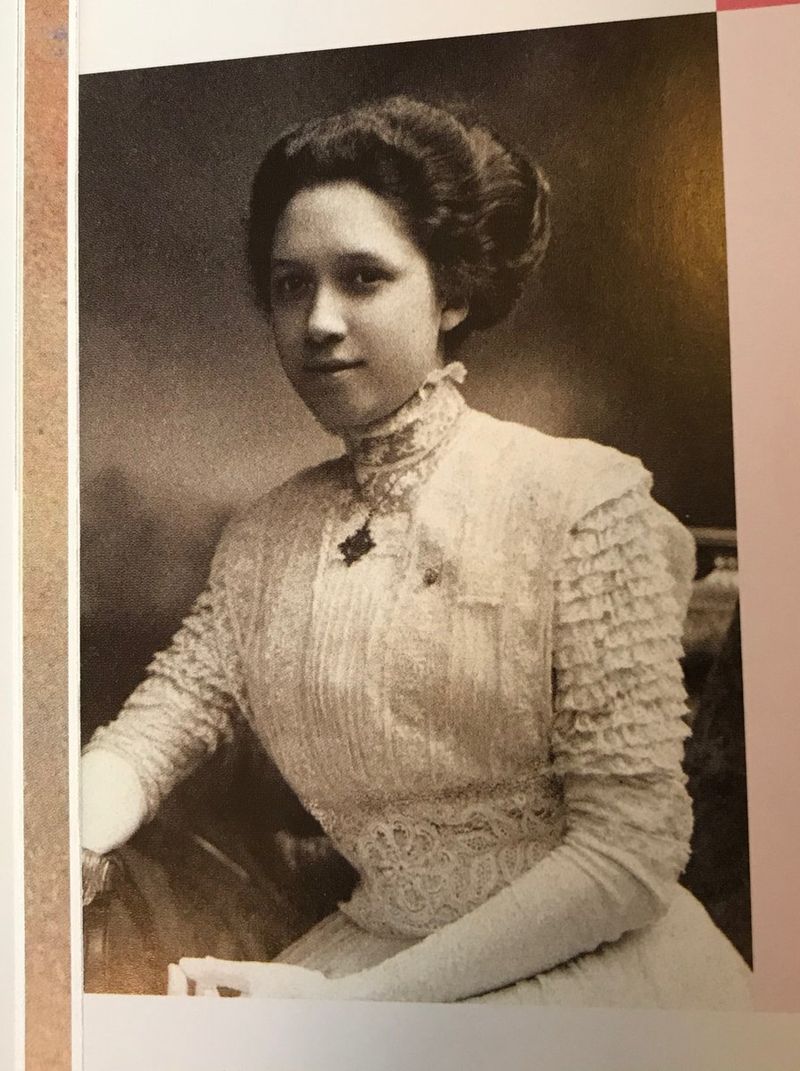The stories of Black scientists throughout history are tales of perseverance, ingenuity, and trailblazing achievements.
These individuals defied the odds and broke barriers, each contributing significantly to their respective fields.
The following 26 pioneering figures exemplify the resilience and brilliance of Black scientists, inspiring future generations to dream big and push the boundaries of what is possible.
1. Benjamin Banneker
Benjamin Banneker, a self-taught astronomer and mathematician, challenged the racial prejudices of his time through his work. In the 18th century, he created one of the first almanacs, displaying his skills in astronomy and mathematics.
Banneker’s correspondence with Thomas Jefferson highlighted the capabilities of Black individuals, advocating for racial equality. His work in surveying, including assisting in the layout of Washington, D.C., further demonstrated his exceptional talents.
Banneker’s legacy endures, symbolizing intellectual prowess and the breaking of racial barriers. His life encourages young minds to pursue their passions against all odds.
2. George Washington Carver
George Washington Carver revolutionized agriculture in the Southern United States with his innovative research. He introduced methods of crop rotation, enhancing soil fertility and increasing yields.
Carver developed numerous plant-based products, including paints, dyes, and cosmetics, showcasing sustainable agricultural practices. His dedication extended beyond science, as he mentored young Black farmers and students.
Carver’s work not only improved agricultural productivity but also empowered Black communities economically. He is remembered not just as a scientist but as a humanitarian who used his knowledge to uplift others.
3. Percy Lavon Julian
Percy Lavon Julian was a pioneering chemist whose work in synthesizing medicinal compounds from plants transformed pharmaceuticals. His development of synthetic cortisone revolutionized arthritis treatment.
Julian faced racial discrimination but persevered, founding his own research company. He held over 130 chemical patents, demonstrating his innovation and impact on medicine.
Julian also advocated for African American rights, emphasizing the importance of education. His legacy continues to inspire future scientists to innovate and overcome societal barriers.
4. Katherine Johnson
Katherine Johnson, a brilliant mathematician, played a crucial role in NASA’s early space missions. Her precise calculations were vital for the successful orbit of astronaut John Glenn and the Apollo moon landing.
Johnson excelled in a male-dominated field, breaking both racial and gender barriers. Her story gained wider recognition through the film “Hidden Figures,” highlighting her contributions to space exploration.
Johnson’s legacy lives on, inspiring women and minorities to pursue careers in STEM fields and reach for the stars with confidence.
5. Mae Jemison
Mae Jemison, the first Black woman astronaut, made history aboard the Space Shuttle Endeavour. With a background in engineering and medicine, she exemplified interdisciplinary excellence.
Jemison’s journey to space inspired countless young women and minorities to pursue science and technology careers. Beyond her spaceflight, she founded initiatives promoting science education and empowerment.
Jemison’s story is one of breaking ceilings and expanding horizons, showing that the universe is within reach for those who dare to dream.
6. Charles Drew
Charles Drew, a medical pioneer, revolutionized the field of blood transfusion. He developed large-scale blood banks, crucial during World War II for saving lives.
Drew’s innovative methods improved blood storage and led to the establishment of modern blood banks. Despite facing racial barriers, he excelled as an educator and advocate for Black physicians.
Drew’s dedication to medicine and equality continues to influence healthcare practices and inspire future generations of medical professionals.
7. Shirley Ann Jackson
Shirley Ann Jackson, a trailblazing physicist, has made significant contributions to telecommunications. Her research played a crucial role in the development of technologies such as caller ID and fiber optics.
Jackson has broken barriers as the first Black woman to earn a Ph.D. from MIT and lead a major research university.
Her leadership and advocacy for diversity in STEM fields inspire many to follow in her footsteps. Jackson’s work exemplifies the critical intersection of science and technology in everyday life.
8. Neil deGrasse Tyson
Neil deGrasse Tyson, an astrophysicist and science communicator, has brought the wonders of the universe to the public. As director of the Hayden Planetarium, he has made astronomy accessible and engaging through books and television.
Tyson’s charisma and passion for science have inspired countless individuals to look up at the stars with curiosity.
He advocates for science literacy, emphasizing its importance in understanding our world. Tyson’s influence extends beyond academia, encouraging a broader appreciation for the cosmos.
9. Dr. St. Elmo Brady
Dr. St. Elmo Brady was the first African American to earn a Ph.D. in Chemistry in the United States, pioneering the field for others. His work focused on complex chemical structures and physical chemistry, laying the groundwork for future discoveries.
Brady was a dedicated educator, establishing strong chemistry programs at historically Black colleges.
His commitment to education and mentorship provided opportunities for countless students, fostering a new generation of Black scientists. Brady’s legacy endures in the institutions and lives he touched.
10. Dr. James E. West
Dr. James E. West, an inventor and acoustician, revolutionized sound technology with the co-invention of the electret microphone. This innovation is now used in over 90% of microphones worldwide, from phones to hearing aids.
West’s contributions have significantly advanced communication technology, making high-quality audio accessible to all.
Beyond his inventions, he has mentored young engineers and promoted diversity in STEM fields. West’s career exemplifies the profound impact of scientific innovation on everyday life.
11. Dr. Patricia Bath
Dr. Patricia Bath, an ophthalmologist, made groundbreaking advancements in laser eye surgery. She was the first Black woman to receive a medical patent for her invention, the Laserphaco Probe.
Bath’s work has restored sight to thousands and enhanced the field of ophthalmology. She co-founded the American Institute for the Prevention of Blindness, advocating for universal eye care.
Bath’s dedication to medicine and social justice has left a lasting legacy in healthcare and continues to inspire aspiring doctors.
12. Gladys West
Gladys West played a pivotal role in the development of modern GPS technology through her mathematical work on satellite geodesy. Her calculations were critical in creating the accurate mapping systems we rely on today.
West’s contributions have transformed navigation, affecting various aspects of daily life and industries worldwide.
Despite facing challenges as a Black woman in a predominantly male field, her perseverance and intellect shone through. West’s story is a testament to the power of mathematics and innovation.
13. Dr. Valerie Thomas
Dr. Valerie Thomas, a NASA scientist, developed crucial satellite imaging technology, enhancing our understanding of Earth and space. Her invention, the illusion transmitter, has applications in 3D imaging and space research.
Thomas broke barriers as a woman of color in science, advocating for diversity and inclusion.
Her career has inspired many to pursue STEM, highlighting the importance of innovation in exploring the unknown. Thomas’s work continues to impact technology and inspire future generations of scientists.
14. Dr. Aprille Ericsson-Jackson
Dr. Aprille Ericsson-Jackson, an aerospace engineer, was the first African American woman to earn a degree in mechanical engineering from Howard University. Her work in satellite design and space exploration has contributed significantly to NASA missions.
Ericsson-Jackson is passionate about mentoring young engineers, particularly women and minorities, encouraging them to enter STEM fields. Her dynamic career and dedication to education make her a role model for aspiring scientists and engineers.
15. Dr. Mark Dean
Dr. Mark Dean, a computer scientist and engineer, co-invented key components of the personal computer, significantly impacting technology. His work at IBM led to the development of the ISA bus and the first gigahertz microprocessor.
Dean holds numerous influential patents, showcasing his innovation and leadership in the tech industry. He advocates for diversity in technology, emphasizing the importance of inclusive innovation.
Dean’s contributions continue to shape the digital world, inspiring future generations of inventors and engineers.
16. Dr. Ernest Everett Just
Dr. Ernest Everett Just was a pioneering cell biologist whose research advanced our understanding of fertilization and embryonic development. His work on cell surface and structure laid the foundation for modern cell biology.
Despite facing racial discrimination, Just excelled in his field, contributing significantly to scientific literature.
His dedication to research and education paved the way for future breakthroughs, inspiring many in the biological sciences. Just’s legacy continues to influence the study of life at the cellular level.
17. Dr. Roger Arliner Young
Dr. Roger Arliner Young, the first Black woman to earn a Ph.D. in Zoology in the United States, made significant contributions to marine biology. Her research on echinoderms and aquatic organisms expanded our knowledge of marine ecosystems.
Young faced numerous challenges but remained committed to her scientific pursuits, inspiring future generations of women in science. Her story exemplifies resilience and dedication, encouraging others to explore the wonders of the natural world.
18. Dr. David Blackwell
Dr. David Blackwell was a renowned mathematician and statistician whose work in probability theory and game theory had lasting impacts. As the first African American elected to the National Academy of Sciences, he broke significant barriers.
Blackwell’s contributions to statistics, including the Rao-Blackwell theorem, are fundamental. His career in academia inspired many students, particularly minorities, to pursue mathematics.
Blackwell’s legacy is one of intellectual excellence and encouragement for future generations to excel in mathematical sciences.
19. Dr. Alexa Canady
Dr. Alexa Canady was the first African American woman neurosurgeon, blazing trails in a challenging and competitive field. Her expertise in pediatric neurosurgery saved countless lives, earning her recognition and respect.
Canady faced racial and gender biases but remained steadfast in her pursuit of excellence. Her dedication to her patients and passion for teaching have inspired many in the medical community.
Canady’s legacy continues to motivate aspiring doctors to strive for excellence and compassion in healthcare.
20. Dr. Hadiyah-Nicole Green
Dr. Hadiyah-Nicole Green, a medical physicist, developed innovative laser therapies for cancer treatment. Her research focuses on using nanoparticles and targeted lasers to treat tumors without harming healthy tissue.
Green’s work represents a significant advancement in cancer treatment, offering new hope for patients. Beyond her research, she advocates for STEM education and empowerment, particularly for minorities.
Green’s pioneering efforts in combining technology with life-saving research inspire future generations to pursue impactful scientific careers.
21. Dr. Ronald E. McNair
Dr. Ronald E. McNair was a brilliant physicist and NASA astronaut whose contributions to space research continue to inspire. He was one of the first African Americans to fly in space, breaking racial barriers in the field of aeronautics.
McNair’s dedication to science and education extended beyond his missions, as he encouraged young people to pursue their dreams.
His legacy lives on through scholarships and programs that support aspiring scientists and engineers. McNair’s journey exemplifies courage and determination.
22. Dr. Lonnie Johnson
Dr. Lonnie Johnson, an inventor and engineer, is best known for creating the Super Soaker, a revolutionary water gun. His ingenuity extended beyond toys, with numerous patents in energy technology and engineering.
Johnson’s career demonstrates the impact of creativity and innovation on both entertainment and practical technology. He actively supports STEM education, inspiring future inventors and engineers.
Johnson’s work reminds us of the joy and possibility found in scientific exploration and innovation.
23. Dr. Chanda Prescod-Weinstein
Dr. Chanda Prescod-Weinstein, a theoretical physicist, is advancing our understanding of dark matter and cosmology. Her research explores fundamental questions about the universe, shedding light on its mysteries.
Prescod-Weinstein advocates for diversity in science, promoting inclusion and equity. Her work inspires aspiring physicists to explore the cosmos while fostering a more inclusive scientific community.
Prescod-Weinstein’s journey highlights the importance of representation in science and the limitless possibilities of discovery.
24. Dr. Paula T. Hammond
Dr. Paula T. Hammond, a chemical engineer and materials scientist, has led breakthroughs in nanotechnology and polymer chemistry. Her work on drug delivery systems and energy storage materials has transformed medical and technological fields.
Hammond’s leadership in research and education has inspired many young scientists to innovate. She emphasizes the importance of diversity in STEM, advocating for underrepresented groups in science.
Hammond’s contributions continue to shape the future of technology and inspire the next generation of scientists.
25. Dr. Etta Zuber Falconer
Dr. Etta Zuber Falconer was a mathematician and educator who broke barriers for Black women in mathematics. Her dedication to teaching and mentoring fostered a new generation of mathematicians and scientists.
Falconer’s work at Spelman College and her leadership in promoting STEM education have left a lasting impact. She advocated for diversity in mathematics, inspiring many students to pursue scientific careers.
Falconer’s legacy continues to motivate and encourage underrepresented minorities in STEM fields.
26. Dr. Euphemia Haynes
Dr. Euphemia Haynes was the first African American woman to earn a Ph.D. in mathematics, contributing significantly to education. She was a passionate advocate for math education, emphasizing its importance for all students.
Haynes’ work in curriculum development and teaching influenced countless educators and learners. Her leadership and commitment to education paved the way for future scholars, particularly in underrepresented communities.
Haynes’ story is one of perseverance and dedication to advancing mathematics education.
